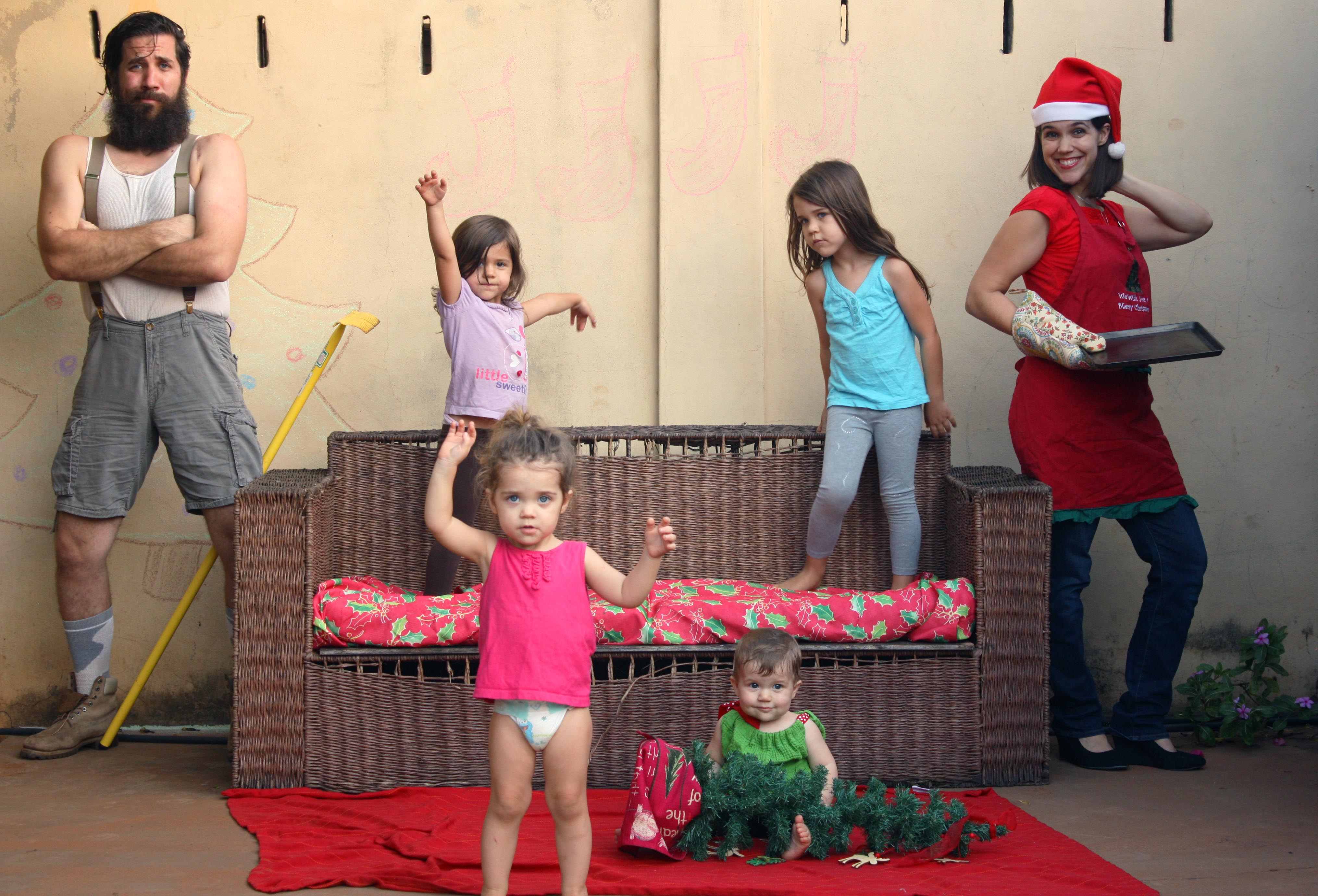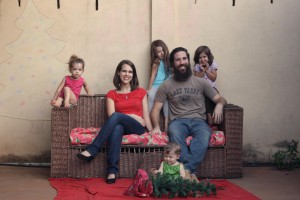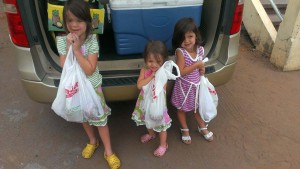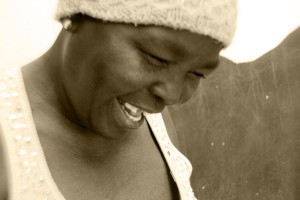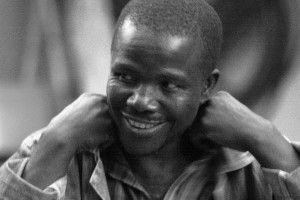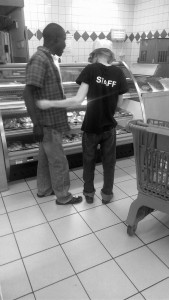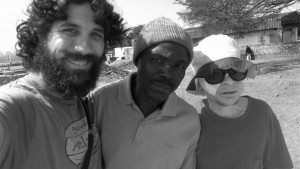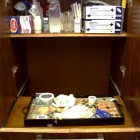A Layne Post
Merry Christmas from Mozambique!
I had great plans of getting a card in the mail, but something about the addition of a fourth baby has made my life, well, a bit less organized. We did manage to take a couple photos, which made me feel accomplished. This year you can print them out and maybe next year I’ll print it for you! ;)
We also stumbled into tradition six years ago, even before we had children, of visiting our friends at the hospital who are unfortunate enough to have to spend Christmas day in Oncology. We take a simple mango and soft drink (Coke, Sprite and Fanta) and hand it out with a smile. It isn’t super spiritual. It isn’t super grand. It is just remembering those who are less fortunate than us and it is an effort to let them know they aren’t forgotten.
Since having children it has been a cool opportunity for my girls, and they are really able to get into it, as it requires only a simple “Feliz Natal!” and a handing over of a small gift. The patients adore their precious faces… and I do too!
As I reflect on 2015 and look towards 2016, I am filled with gratitude and excitement. Jon is still my partner in adventure and love of my life. He brings stability to my crazy. We added our fourth child, Selah, who is our last natural-born. What a delight she is! Our babies are growing into beautiful individualistic girls and I am head-over-heels for each one. We established Voices of the World Mozambique as a Non-Government-Organization here. We purchased property to build and expand our project from 4 patients to 12. Praise the Lord!
Thanks for joining us in this journey and holding us up in the special ways each of you do. We are so happy we aren’t alone in this.
May we each impart some peace on earth and goodwill toward men.
Merry Christmas to you and yours.
